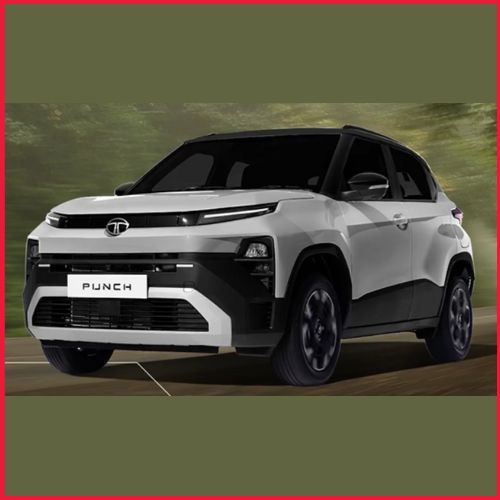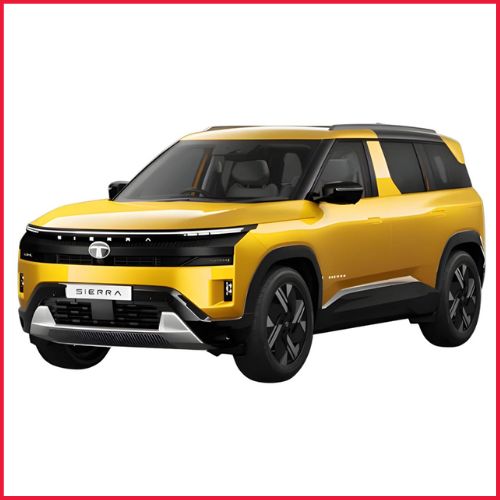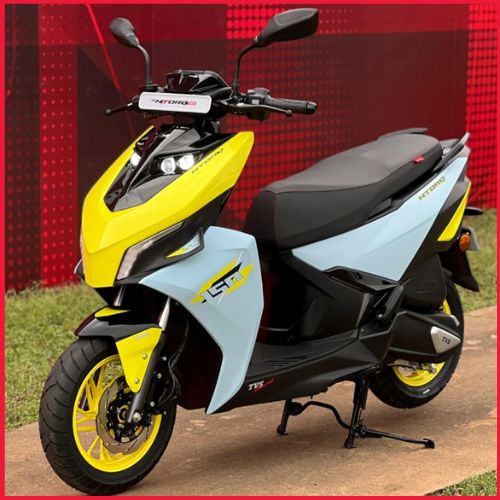Toyota introduced a concept Lexus automobile on Wednesday that would go on sale by 2026 and has a range of about 1,000 kilometres. This is a part of the Japanese automaker’s strategy to shift to electric vehicles (EVs) that depend on cutting-edge battery technology.
Using “prismatic, high-performance” batteries, the LF-ZC concept car made its premiere at the Japan Mobility Show. Its range is approximately double that of a typical EV, or about 1,000 kilometres (620 miles).
At a press announcement showcasing the concept car, Toyota Chief Branding Officer Simon Humphries stated, “Parts minimization and reduction across the board, including smaller, more efficient batteries with more power and more range, is key to achieving these breakthroughs.”
The top-selling carmaker in the world unveiled an ambitious strategy to increase the number of battery electric vehicles (EVs) in June. Part of the plan included the introduction of next-generation lithium-ion batteries, which have longer ranges and faster charging times.
Additionally, it claimed to have made a “breakthrough” in solving issues related to solid-state batteries’ durability that had previously been noted. It wants to launch cars using solid-state batteries by 2027 or 2028. Because of their performance and range, solid-state batteries are seen as a possible “game changer” for the industry.
The low-slung LF-ZC features a roomy cockpit and Toyota’s cutting-edge AI “Butler” technology. According to Toyota, the AI system can recognize preferences that drivers might not be aware of.
By 2035, Toyota plans for battery electric vehicles to represent all sales of the luxury Lexus brand worldwide.
Furthermore, Toyota is urging the Indian government to reduce hybrid car levies by about 21%. According to a letter the Japanese automaker sent to the Niti Aayog, news agency Reuters reported, the business said that hybrid cars produce far less pollution than gasoline-powered vehicles but do not receive the same level of legislative support.
The tax on electric vehicles (EVs) is only 5%, whereas the tax on hybrid vehicles can reach 43%, which is slightly less than the 48% tax on gasoline-powered vehicles. Given that hybrid cars have lower emissions and better fuel efficiency, Toyota claims in their letter that the five percentage point differential in favour of hybrids is “insufficient”.
The Modi government is promoting a switch to electric vehicles at the same time that the Japanese automaker is stepping up its lobbying efforts. Hybrid cars cut pollution and fuel consumption by combining an electric motor and gasoline engine. While hybrids are more costly than gas-powered vehicles, they are also less expensive than electric vehicles.















